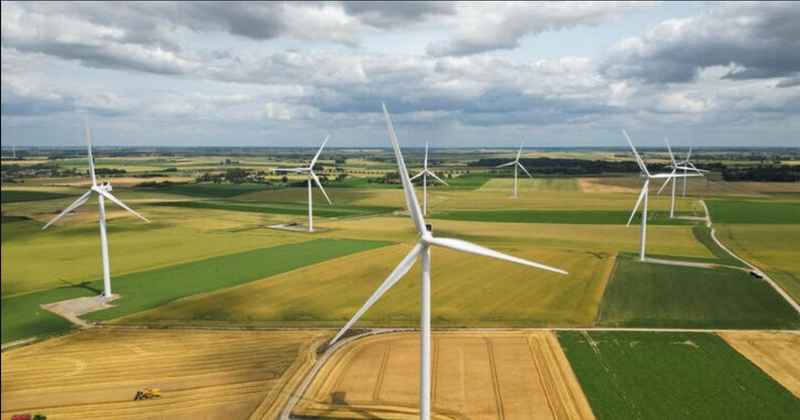According to IEA Executive Director Fatih Birol, demand for oil, gas, and coal could peak before 2030 and then decline, marking the end of the fossil fuel era earlier than previous forecasts. This is a positive signal that the world is gradually getting rid of dependence on fossil fuels. Climate expert Simone Tagliapietra from Brussels-based think tank, Bruegel, stressed that the IEA's new forecast is proof that the global energy transition process is slow but very steady.
The prospect of fossil fuels entering a period of decline has opened hope for the fight against global climate change. Scientists emphasised that fossil fuel consumption is exacerbating the impacts of climate change. Each year, fossil fuel combustion creates about 21.3 billion tonnes of CO2 gas, along with many other pollutants such as volatile organic compounds and heavy metals, causing air pollution and environmental destruction.
Analysts said one of the main driving forces to accelerate the energy transition process is the strong coverage of clean energy technology in the world. Climate change and the global energy crisis have not only posed many challenges but have also become a motivation for many countries to increase investment in renewable energy. IEA Executive Director Fatih Birol affirmed that clean energy is developing very rapidly. Accordingly, for every dollar invested in fossil fuels, about 1.7 dollars are now going into clean energy. Five years ago, this ratio was one-to-one.
With the continuous efforts of countries, clean energy is gradually taking over. In the world's leading economies, the process of developing renewable energy has reaped many successes. According to the latest data from the he National Energy Administration of China, as of the end of June 2023, the installed capacity of renewable energy in China exceeded 1.3 billion kW, an increase of 18.2% compared to the same period last year and exceeding coal power installed capacity for the first time. Notably, the installed capacity of wind power and photovoltaics across China ranks first in the world, at 389 million kW and 470 million kW, respectively.
Meanwhile, after a year of implementation, the Inflation Reduction Act (IRA) has helped the US make significant progress in renewable energy development. A newly released report from the American Clean Power Association (ACP) shows that since the IRA was passed, the volume of investment capital in this field has grown to become equal to the previous eight years combined, equivalent to more than 270 billion USD.
Research organisation BloombergNEF predicts that energy from wind and solar will account for about 50% and 64% of total US electricity production by 2035 and 2050, respectively. This is a significant improvement compared to 12% in 2021. In Germany, more than 50% of electricity produced in the first half of 2023 came from renewable energy sources, up from the same period in 2022. Europe's leading economy set the target of having electricity supply from renewable energy account for 80% of total electricity output and completing the goal of eliminating coal by 2030.
Despite many positive achievements, the world's energy transition process still faces challenges when countries still need coal power to ensure energy security. With cheap costs and stable supply, coal is the choice of many countries at times of emergency energy supply, especially when the climate is getting hotter, causing the increase of electricity demand. In addition, the progress of energy transition in the world is uneven as taking place strongly in developed countries but still quite stagnant in many regions, especially in Africa.
United Nations Secretary General Antonio Guterres said Africa is completely capable of becoming a renewable energy superpower with huge potential in hydropower, wind power, solar power, and geothermal power. However, this continent has not had a chance to transform itself as attracting only 2% of total investment capital for global renewable energy in the past 10 years.
The strong development of clean energy is considered an inevitable trend, making an important contribution to helping the world reduce its dependence on fossil fuels. The IEA urges policymakers to act more to make the transition more swift, fair, and inclusive.
















